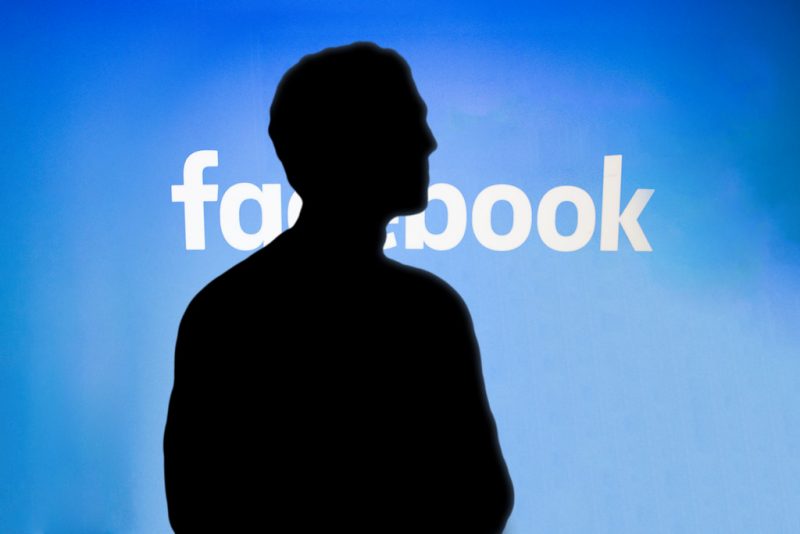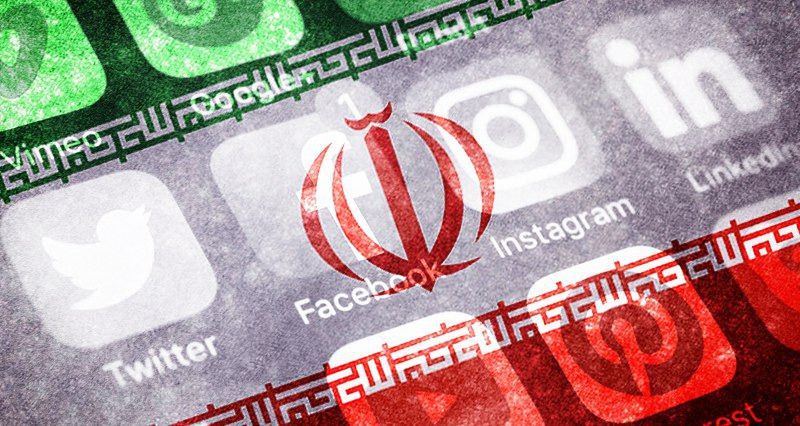Ah, America’s much lauded “Freedom of the Press,” part and parcel of the holy writ of liberalism, the US constitution, which ostensibly enshrines the population’s right to freely publish and access information, separating our so-called “democracy” from the countries that get the epitaph “regime” in the papers. However, for those outside the western world, it might come as a surprise to learn that there are certain, and rather serious, limitations to these constitutional “freedoms” that go far beyond not being allowed to shout fire in a crowded theater. A certain historical figure once reminded us that when we hear the word “freedom,” our first question should be, “for whom?” What happens when two contesting claims of freedom end up contradicting one another? When it comes to US foreign policy, the actual framework of power behind this cliched terminology becomes almost grossly legible.
And the glaring exceptions to these constituional freedoms have rarely been so clear as they have been the wake of the US’ belligerant and extra-judicial murder of Qassem Soleimani, an act by which Donald Trump made the martyred Iranian General into a household name among American amateur internet analysts who had no idea who he was while he was alive (and would likely be hard-pressed to locate Iran on a map). On Thursday, Instagram and Facebook announced they would be removing posts that offered an alternative perspective on Soleimani, ie, those that differed from the opinion of the US government. This was no idle threat, as dozens of journalists and content producers had their posts pulled, and were even denied the opportunity to contest the company’s decision in certain instances.
“We operate under US sanctions laws, including those related to the US government’s designation of the IRGC and its leadership,” a Facebook spokesman said, indicating that they were simply acting in compliance with company policy which is to block access to anyone targeted by US’ sanctions. However, as the US’ hegemonic power declines and Washington, its allies and its proxy armies continue to get the boot and a bloody lip around the globe, the dying world empire is increasingly reliant on sanctions, hoping to starve enough enemy civilians to inspire regime change where its overt militarism has failed… in a few years, who will even be left to argue with them?

Flickr
Perhaps the most ironic (and hilarious) moment indicating the absurdity of US censorship policy was on January 9, when a US and Iranian ambassador got into an internet flamewar on Weibo, in Chinese… as it turns out, the heavily censored Chinese social media site had become the only place where they could engage in the free exchange of ideas, as the western sites beholden to US foreign policy demands have banned the Iranian accounts.
In other words, in spite of our amazing world-historical press freedom, in order to hear the other side in debates around the most important issues of US foreign policy, you better start brushing up on your Mandarin. Twitter, Facebook and Instagram have banned numerous Venezuelan, Chinese, Iranian and Syrian accounts, which means that unless one’s foreign policy interest is primarily focused on the latest trade disputes with the EU (rather than, say, the disputes which have put the US at the verge of war), it might be time to look elsewhere.
Of course, there is always a great excuse. In this case, these companies are private entities, and therefore, they are not actually subject to constitutional protections. So yes, the United States absolutely has freedom of speech and press, it just conveniently doesn’t happen to apply in the sphere where 95% of our public dialogue now takes place. Meanwhile, those countries and media sources which occupy the space between “terrorist” and “ally”, such as Russia Today, Venezuela’s Telesur or Iran’s PressTV, are simply hit with shadow bans which prevent the majority of users from seeing their content. The question is, is this practice more or less “free” than when the Chinese government openly explains why it is cutting off access to certain websites? At least in China there is some sort of decision making process within the government apparatus, in the US, the decision is made wholesale by financially motivated technocrats with zero democratic oversight.
Although this might seem like an aberration, this method of censorship is baked into the crust of American ideology: things are functioning exactly as intended. The long-term ideological strategy has always been the same, which is to treat the economic and the political as inherently separate spheres, even when they obviously and inextricably intersect. Enforcing American values of freedom when it comes to social media giants would essentially undermine what these laws were designed to do in the first instance, which is protect large-scale private industries and the individuals that own and manage them from the general population. Social media is in this sense a microcosm for the American concept of democracy writ large. Here, the freedom of users comes into direct contradiction with the freedoms of a massive company that has a near monopoly on public discourse: guess which side ends up with its “rights” being protected.
Then again, these domestic considerations are very much in keeping with Washington’s broader understanding of the term “democracy.” That specific word is almost nauseating to Americans who grew up during the invasions of Iraq and Afghanistan, where it was repeated endlessly to justify the pile of corpses that was quickly amassing overseas. Yet, as the Wall Street Journal reported earlier in the month, when the Iraqi government voted in favor of removing US troops from the country, Washington responded by threatening to cut them off from crucial Federal banking accounts where their international oil revenue is kept in order to economically punish the entire country into compliance with its imperialist will. The pattern should be more or less clear at this point: “democracy” is when individuals and states do exactly as Washington tells them, and if they don’t, their right to express themselves, and in some instances to eat, can be taken away. The corporations they use to this end don’t seem to mind one way or another as long as the revenue continues to flow. After all, Facebook has been banned in Iran since 2009, the company’s CEOs don’t owe them any favors.
Soleimani’s assassination has helped many people around the world understand the US’ belief that it is the exception, the sole power permitted to act as it sees fit, where ever it sees fit, regardless of interntional laws or standards of decency. Without even the facade of a democratic process, the state department has again appointed itself judge, jury and executioner, murdering high-ranking members of multiple foreign government in a drone attack against a country it is not even at war with. Instead of actually justifying its activity, it has instead turned to its partnerships with social media to assure that its decisions remain by and large unchallenged, or at the very least, that the other side remains invisible and is never heard… it is curious to consider what they are worried will happen if people are allowed to hear from their enemies.
While soft power and more delicate patterns of control and intervention in the public sphere emerged after the collapse of the Soviet Union, Washington’s increasingly shaky position as world hegemon over the previous decade seems to be pushing it back into a kind of heavy handed Cold War demagoguery, making it more critical than ever to look toward alternative presses and portals.

















Leave a Reply